Manure is a valuable and natural resource that can greatly benefit your garden. Its rich nutrients provide essential elements for plant growth and help improve soil structure. By understanding the different types of manure available and how to use them effectively, you can enhance the productivity of your garden.
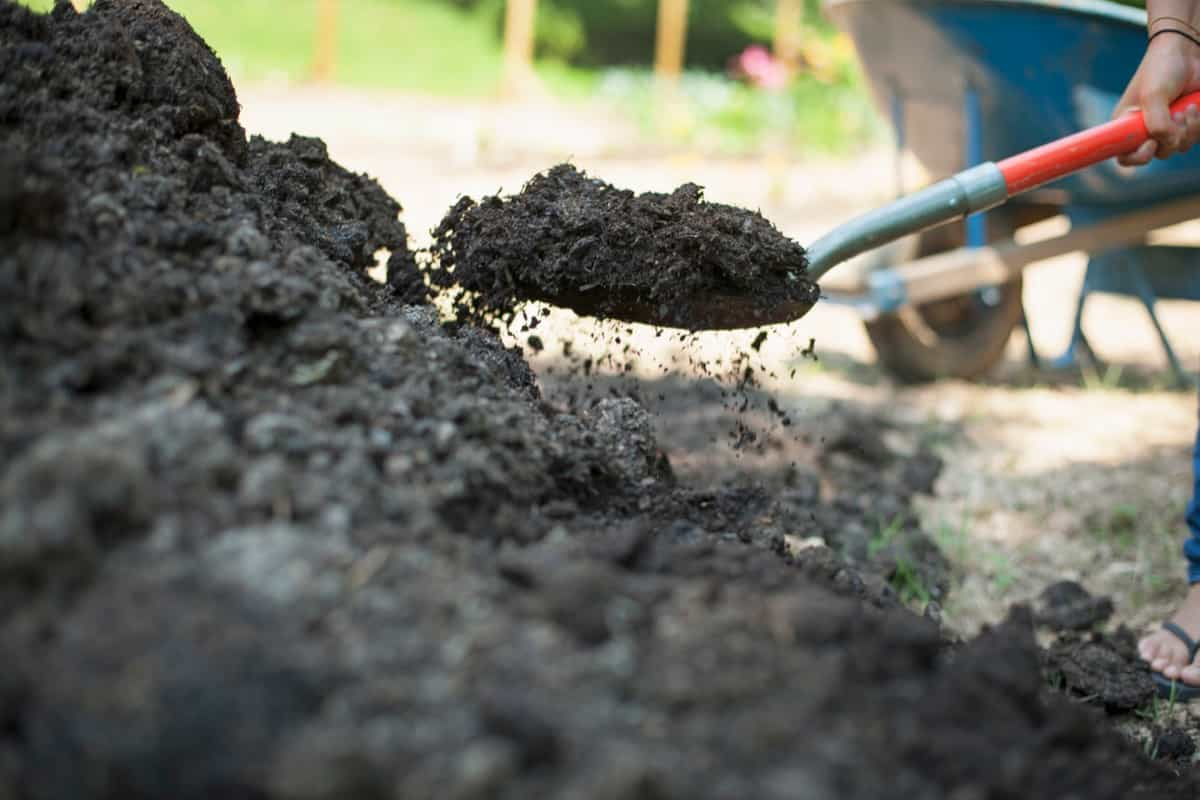
Types of Manure for Your Garden Plants
Cow Manure: A Nutrient-Rich Option for Garden Soil
Cow manure is a fantastic option for enriching your garden soil with nutrients. It’s like giving your plants a delicious, nutrient-packed meal. This manure contains high nitrogen, phosphorus, and potassium levels – the essential elements that plants need to grow strong and healthy. One key benefit of using cow manure in a garden is its ability to improve soil structure. The organic matter in the manure helps loosen compacted soil, allowing better water drainage and root penetration. This means healthier plant roots and less risk of waterlogged or dry soil conditions.
Another advantage of cow manure is its slow-release nature. Unlike some synthetic fertilizers that deliver an instant burst of nutrients followed by a rapid decline, cow manure releases its nutrients slowly over time. This provides a steady supply for plants’ needs throughout their growing season. When applying cow manure to your garden beds, it’s important to compost it first. Fresh cow manure can be too hot and may contain weed seeds or harmful pathogens. Composting allows for decomposition and breaks down any potential risks while enhancing the fertilizer’s overall quality.
Horse Manure: Benefits and Considerations for Garden Use
Horse manure is popular for gardeners looking to enrich their soil and promote healthy plant growth. This manure offers several benefits, making it a valuable addition to any garden. One main advantage of horse manure is its high nutrient content. Horses have a varied diet, which means their waste contains a wide range of essential nutrients that can nourish your plants. These nutrients include nitrogen, phosphorus, and potassium – all crucial elements for plant growth.
In case you missed it: How to Make Rabbit Manure Compost: A Step-by-Step Guide to Using in Your Garden
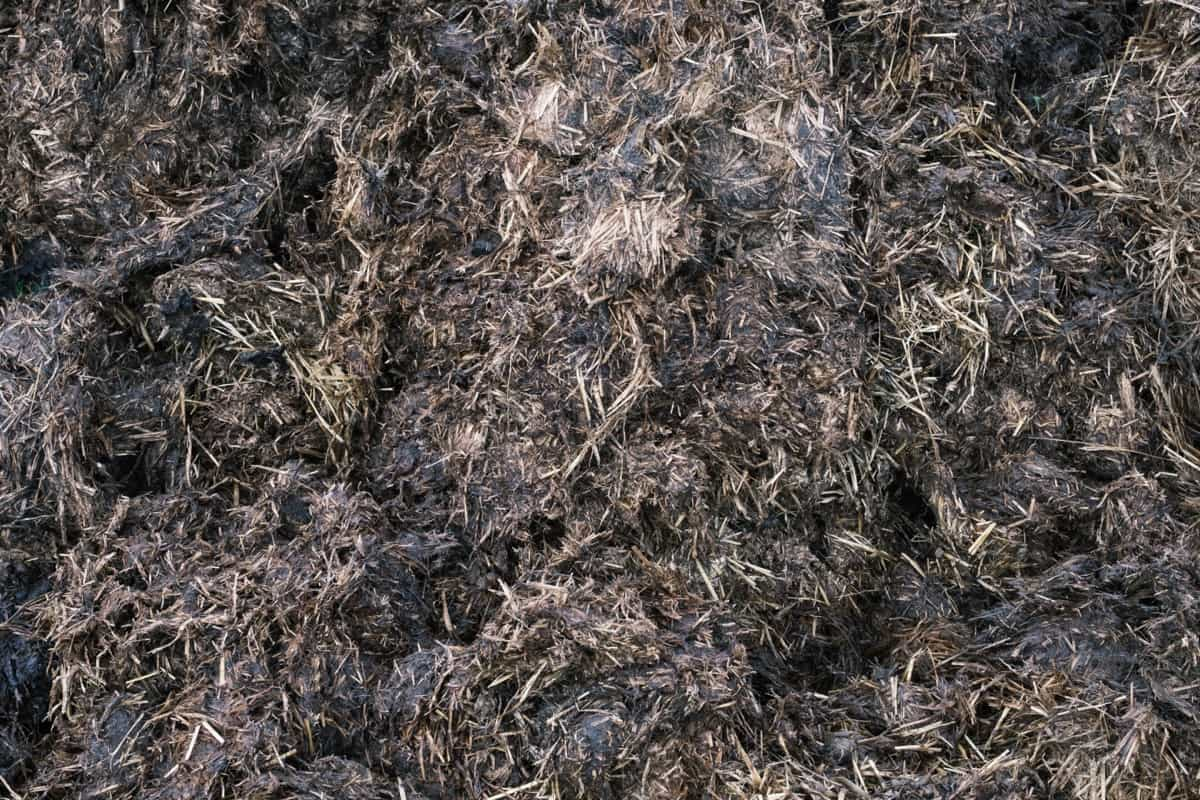
In addition to its nutrient-rich composition, horse manure helps improve soil structure. Its organic matter enhances soil drainage and water retention capabilities, creating optimal conditions for plant roots to thrive. Furthermore, horse manure can aid in breaking up heavy clay soils or compacted areas. However, there are some considerations when using horse manure in your garden. Fresh horse manure should never be applied directly to plants as it may contain weed seeds or harmful bacteria that could harm your crops. It’s best to compost the manure first before applying it as fertilizer.
Chicken Manure: A Powerful Organic Fertilizer for Gardens
Chicken manure is a powerful organic fertilizer that can work wonders for your garden. Packed with essential nutrients, it provides the necessary nourishment to help plants thrive and produce abundant yields. One of the key benefits of using chicken manure in a garden is its high nitrogen content. Nitrogen promotes healthy leafy growth, especially for vegetables and greens.
Incorporating chicken manure into your soil can boost nitrogen levels and ensure robust plant development. In addition to nitrogen, chicken manure also contains other vital nutrients. These nutrients are crucial in root development, flowering, fruiting, and overall plant health. By enriching your soil with these essential elements through chicken manure, you can enhance your garden’s productivity.
However, it’s important to note that fresh chicken manure should not be used directly on plants without proper composting or aging. Fresh chicken droppings are high in ammonia and can burn delicate roots or foliage if applied too soon. To avoid any potential issues, allow the manure to age or compost it before using it as a fertilizer. Apply aged or composted chicken manure in your garden beds or containers sparingly – a little goes a long way. Chicken manure can be an incredibly valuable resource for organic gardening enthusiasts when used correctly and in moderation.
In case you missed it: Best Fertilizer for Turnips: Homemade, Organic, NPK, Liquid, Compost Manure, How and When to Apply
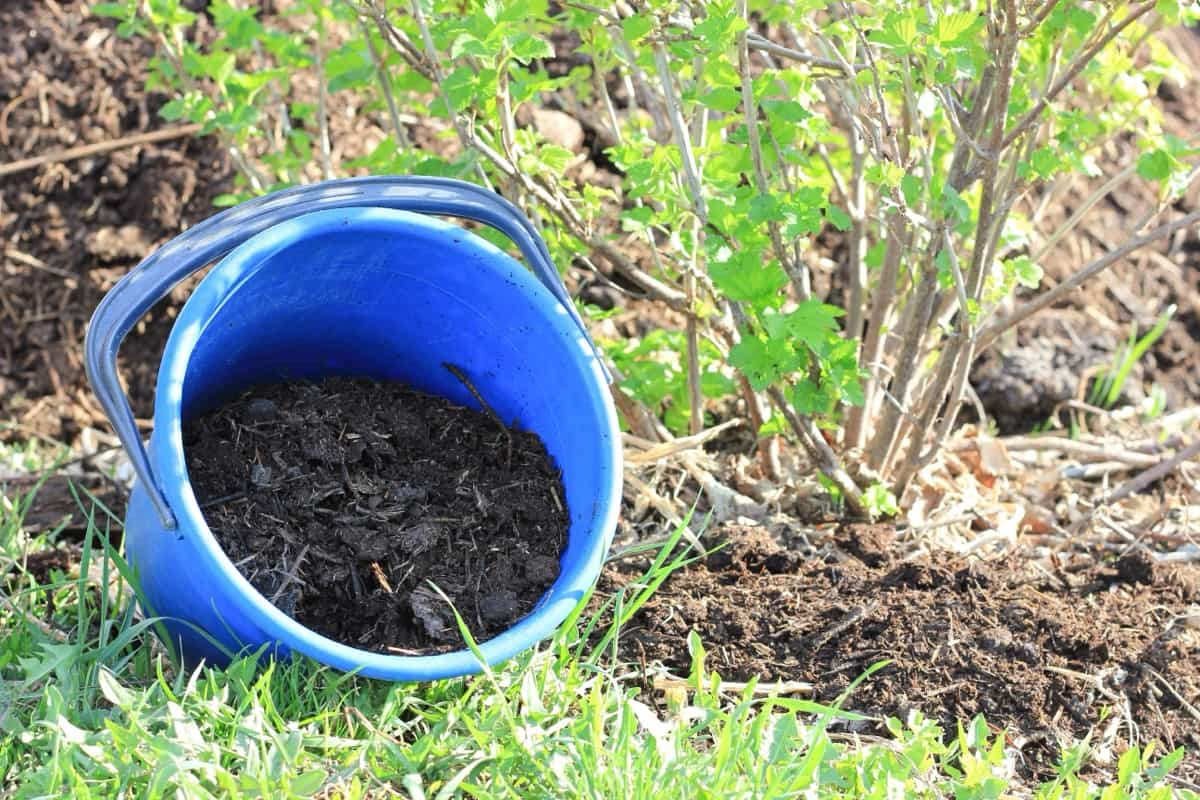
Sheep Manure: Enhancing Soil Health and Nutrient Content
Sheep manure is a valuable resource for gardeners looking to enhance their soil’s health and nutrient content. This organic fertilizer is rich in essential nutrients like nitrogen, phosphorus, and potassium, making it an excellent choice for improving soil fertility. One of the key benefits of sheep manure is its ability to improve soil structure.
It helps to loosen compacted soils, allowing for better water drainage and root penetration. This can be particularly beneficial for gardens with heavy clay soils that tend to become waterlogged. In addition to providing essential nutrients, sheep manure adds organic matter to the soil. As it breaks down, it releases humus – a dark-colored substance that improves soil structure and moisture retention.
The increased organic matter content also encourages beneficial microbial activity in the soil. When using sheep manure as a fertilizer, it’s important to compost or age it before applying it directly to plants. Fresh sheep manure can be high in nitrogen and may burn plant roots if not properly composted first. Composting also helps eliminate any potential weed seeds or pathogens in the raw manure.
Rabbit Manure: Utilizing Small Animal Waste in Gardens
Rabbit manure may not be the first thing that comes to mind when you think of fertilizers, but it’s worth considering for your garden. This small animal waste can be a valuable addition to your soil and help promote healthy plant growth. One of the key benefits of rabbit manure is its high nutrient content. Another advantage of rabbit manure is its low risk of burning or damaging plants. You can apply them to your garden beds without worrying about harming your plants.
Additionally, rabbit manure in your garden helps recycle waste from these cute furry creatures. Instead of throwing away their droppings, you can turn them into a valuable resource for growing healthy fruits and vegetables. To use rabbit manure in your garden, it’s best to compost it first. Composting will help break down potential pathogens or weed seeds in the droppings and create a nutrient-rich amendment for your soil. Mix the composted rabbit manure into the top few inches of soil before planting or use it as a side dressing around established plant.
Goat Manure: Sustainable and Effective Soil Amendment
Goat manure may not be the first thing that comes to mind when considering garden fertilizers, but it is a sustainable and effective option for amending soil. One of the key advantages of goat manure is its nutrient content. These nutrients help nourish plants and promote healthy development when incorporated into the soil. Another benefit of using goat manure in your garden is its ability to improve soil structure. The organic matter present in the manure helps loosen compacted soils and enhance drainage, allowing roots to penetrate more easily.
In case you missed it: From Seedling to Bloom: Tailoring DIY Flower Plants Fertilizers to Different Growth Phases
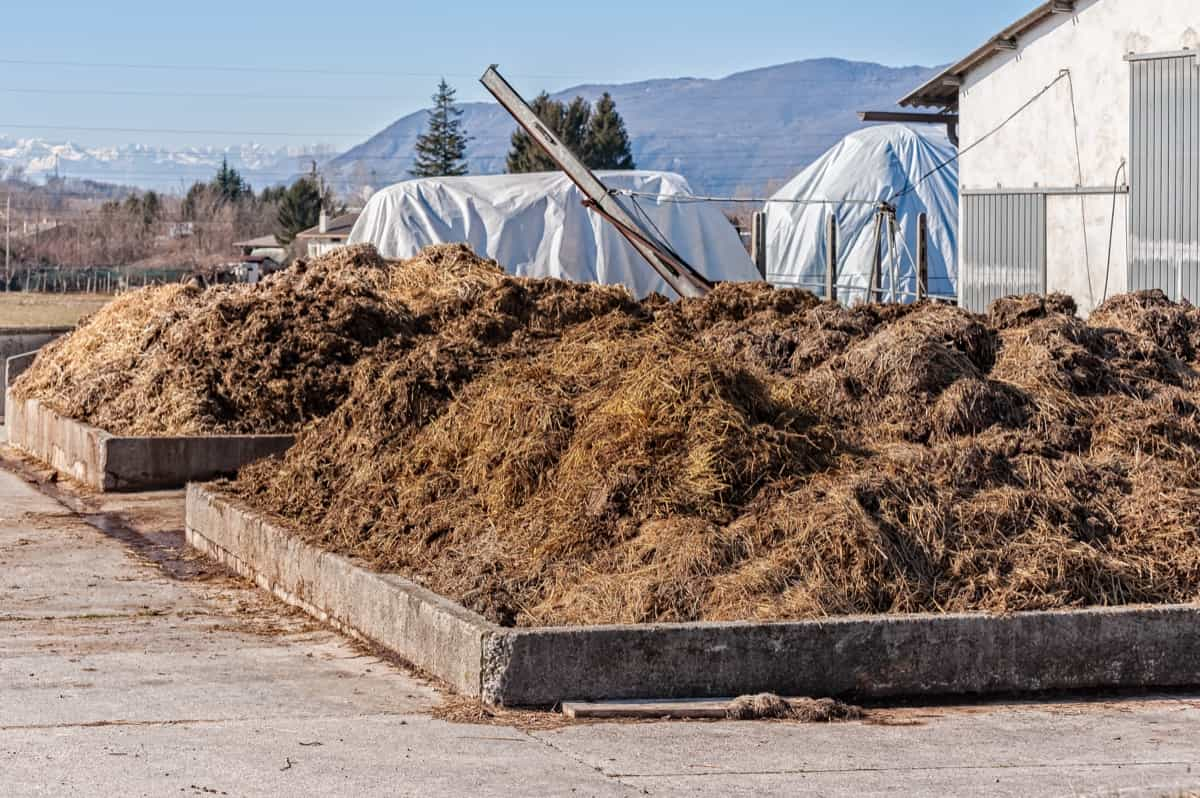
In addition to its nutrient-rich composition and soil-enhancing properties, goat manure also has a relatively low odor compared to other types of animal waste. This makes it more suitable for backyard gardens where strong odors can become an issue. When using goat manure as a fertilizer, it’s important to ensure proper composting or aging before applying it directly to plants. Fresh goat manure can be high in ammonia and may burn tender roots if not properly decomposed.
Pig Manure: Understanding the Pros and Cons for Garden Application
Pig manure is a popular choice for gardeners looking to boost their soil fertility, but it’s important to understand the pros and cons before using it. One of the main advantages of pig manure is its high nutrient content. It contains key elements like nitrogen, phosphorus, and potassium that plants need for healthy growth. When properly composted, pig manure can release these nutrients slowly over time, providing a long-lasting source of nourishment for your plants.
However, some considerations should be considered when using pig manure in your garden. One potential drawback is its strong odor. Pig manure can have a pungent smell that may linger even after it has been applied to the soil. This can be off-putting for some gardeners or neighbors. Another factor to consider is the risk of introducing weed seeds into your garden with pig manure. It’s important to allow the manure to decompose and age before using it as fertilizer.
Composted Manure: Transforming Waste into Garden Gold
Composted manure is like gold for your garden. It’s the result of transforming waste materials into a nutrient-rich soil amendment that can greatly enhance plant growth and health. When organic matter such as animal waste, straw, or leaves decompose over time, it creates composted manure – a dark, crumbly material that smells earthy and sweet. This process breaks down the raw materials, making them more readily available to plants when added to the soil.
One of the key benefits of using composted manure in your garden is its ability to improve soil structure. It helps loosen compacted soils and encourages better drainage, allowing roots to grow deeper and access water and nutrients more effectively. Additionally, composted manure provides essential nutrients for plants. It contains nitrogen, phosphorus, potassium, and micronutrients like calcium and magnesium.
Using composted manure also promotes beneficial microbial activity in the soil. The diverse community of bacteria and fungi helps break down organic matter further while creating a healthy environment for plant roots. Another advantage of composted manure is its role in suppressing diseases and pests naturally. The beneficial microbes in compost can outcompete harmful pathogens while enhancing overall plant resilience.
Green Manure: Harnessing Plant Material for Soil Enrichment
Green manure is an eco-friendly and cost-effective way to enrich garden soil. By harnessing the power of plant material, you can improve soil fertility and structure without relying on synthetic fertilizers. One popular option for green manure is legumes such as Clover or Alfalfa. When these legumes are grown as cover crops, they add nutrients to the soil and help control erosion.
In case you missed it: Best Fertilizer for Kiwi Tree: Homemade, Organic, Natural, Liquid, NPK, And Compost Manure
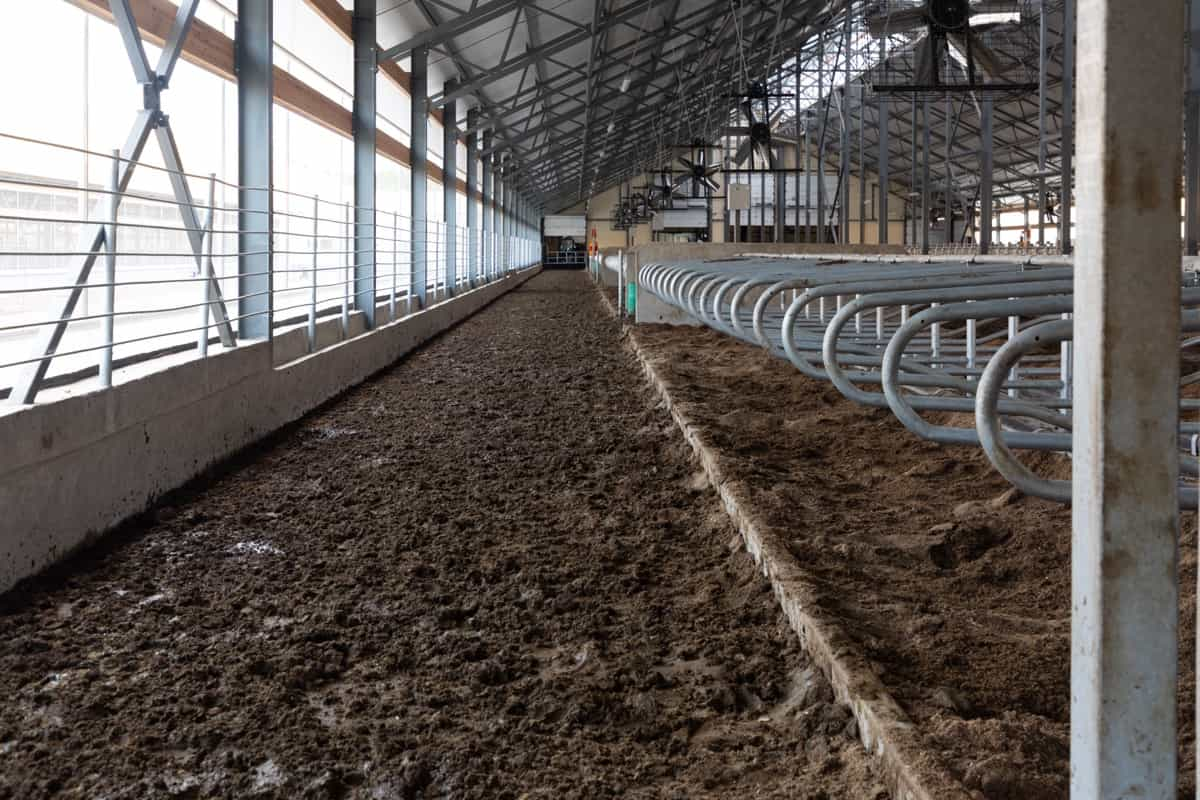
Another type of green manure is grasses like Rye or Oats. These fast-growing plants add organic matter to the soil when cut down and incorporated into the ground. Grasses also have deep root systems that break up compacted soil, improving drainage and nutrient uptake. Other options for green manure include Mustard or Radish, which release compounds that suppress weeds and pests.
Bat Guano: Exploring the Benefits of this Natural Fertilizer
One of the key advantages of bat guano is its high nutrient content. In addition to being nutrient-rich, bat guano also improves soil structure and fertility. Its organic matter helps retain moisture in sandy soils and improves drainage in clay soils. This can create an ideal environment for root development and overall plant health.
Furthermore, bat guano contains beneficial microorganisms that promote soil health and suppress harmful pathogens. These microorganisms contribute to a balanced ecosystem underground, supporting the growth of beneficial bacteria and fungi. Another advantage of using bat guano as a fertilizer is its low odor compared to other manures. This makes it more pleasant to work with while still providing excellent results for your garden.
Alpaca Manure: Unconventional Yet Valuable Addition to Garden Soil
One of the main benefits of alpaca manure is its high nutrient content. It’s rich in nitrogen, phosphorus, and potassium – essential elements for plant growth. These nutrients help promote healthy root development and lush foliage. Alpaca manure also has a balanced pH level, which means it won’t drastically alter the acidity or alkalinity of your soil.
This is particularly beneficial if you work with acidic or alkaline soils that require careful balancing. Furthermore, alpacas have efficient digestive systems that break down their food well. As a result, their manure contains fewer weed seeds than other animal waste products. This can save you time and effort in dealing with unwanted weeds in your garden.
To use alpaca manure as fertilizer, it’s best to compost it first. Composting helps accelerate decomposition and eliminates any potential pathogens present in fresh manure. Once fully decomposed, mix the composted alpaca manure into your garden beds or use it as a top dressing around existing plant.
Frequently Asked Questions on Best Manure for Gardens
Is There Any Risk of Burning Plants with Excessive Use of Manure?
Yes, excessive application of certain types of manure like chicken or horse can result in nutrient imbalances and the burning of plants. Following recommended application rates and monitoring your plants’ response is important.
In case you missed it: Best Fertilizer for Radish: Homemade, Organic, NPK, Liquid, Natural, and Compost Manure
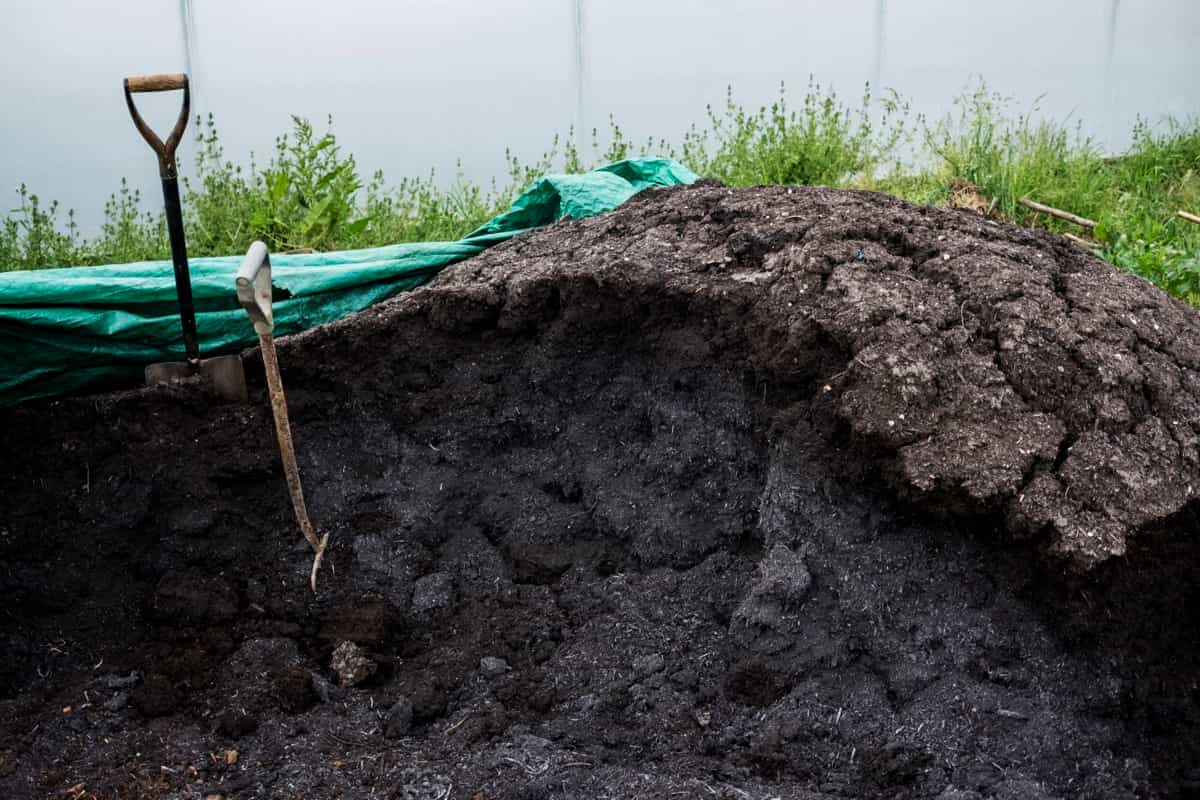
What Precautions Should I Take When Handling/Managing Manure?
Wearing gloves and washing hands thoroughly afterward is recommended when working with manure.
Can I Mix Different Types Of Manure?
Mixing different types of well-aged composted manures can be beneficial as they offer diverse nutrients. However, it’s essential to maintain proper ratios based on individual plant requirements and avoid overloading the soil with excess nutrients.
Conclusion
When choosing the best type of manure for your garden, consider factors such as nutrient content, availability, environmental impact, and specific requirements of your plants. It’s always recommended to compost or age fresh animal waste before applying it directly onto your plants or vegetables. By incorporating these various farmyard fertilizers into our gardens, you can create thriving ecosystems where plants thrive naturally without the need for harsh chemicals or synthetic additives.
- How to Grow Hibiscus from Flower
- Plantation Ideas for Home Decoration: A Beginners Guide
- Flower Garden Designs and Layouts for Beginners
- Planting and Spacing Techniques in Papaya: A Beginner’s Guide
- Growing Gold: Essential Techniques for Planting Pineapples
- How to Make Kalanchoe Plant Bushy: Home Remedies and Solutions
- 11 Reasons Why Your Gardenia is Not Blooming: Home Remedies and Solutions
- Eco Elegance: The Guide to Designing a Drought-Tolerant Landscape
- Gardening on a Slope: Strategies for Hillside Landscaping
- Nourish and Flourish: Top Organic Mulches for Thriving House Plants
- Everything You Want to Know about Indian Mogra Flower: Discover Uses and Growing
- Green Thumb Success: Expert Tips for Cultivating Greenhouse Pumpkins All Year Round
- Maximize Growth & Flavor: The Ultimate Guide to Companion Planting in Herb Gardens
- How to Control Rhododendron Problems Naturally: Home Remedies and Organic Ways to Fix Them
- Natural Magic: The Remarkable Benefits of Cinnamon for Plants
- Best Steps to Revive Dying Tulip with Natural and Organic Treatment
- 10 Reasons Why Your Angel Trumpet is Not Blooming: Remedies and Treatment
- How to Fix Periwinkle Leaf and Flower-Related Problems: Natural Remedies and Solutions
- How to Fix Zinnias Leaf and Flower Problems: Discover Natural and Home Remedies
- Organic Steps to Induce Lemon Tree Flowers: A Comprehensive Guide
- Bloom Booster: Crafting the Perfect Homemade Bougainvillea Fertilizer
- Optimizing Growth: A Guide to Applying NPK Fertilizer for Potted Plants
- 10 Best Homemade Fertilizers for Rubber Plant: DIY Recipes and Application Method
- How to Boost Female Pumpkin Flowers: Effective Steps for More Flowers and High Yields
- Transform Your Indoor Garden: Top Benefits of Pink Salt for Houseplants
- 10 Best Homemade Fertilizers for Peacock Plants (Calathea): Easy DIY Guide
- Unlock Blooms: 9 Reasons Why Your Potted Chrysanthemum is Not Blooming
- 8 Reasons Why Your Potted Hibiscus is Not Blooming: Fix it with Simple Solutions
- Unlock Blooms: 9 Key Reasons Your Potted Frangipani Won’t Flower
- 10 Reasons Why Is My Ice Plant Not Blooming: Remedies and Treatment
- 10 Reasons Why My Potted Hydrangea Not Blooming: Treatment and Remedies
- 10 Reasons Why is My Wisteria Not Blooming: Remedies and Treatment
- 10 Reasons Why is My Goldfish Plant Not Blooming: Remedies and Treatment
- Maximize Your Space: Ultimate Guide to Balcony Gardening with Grow Bags
- 10 Reasons Why Your Iris is Not Blooming: Remedies and Treatment
- 10 Reasons Why Your Anthurium Plant is Not Blooming: Treatment and Remedies